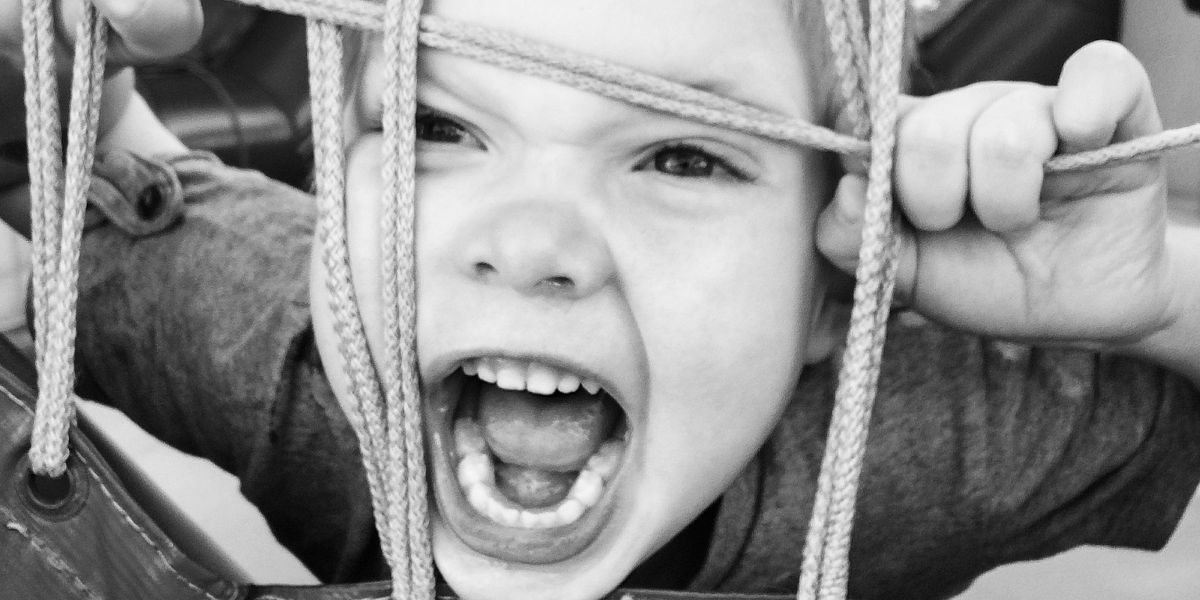There is a certain emotive response attached to the thought of children under stress. It's unsettling, as we for the most part associate childhood with carefreeness, exploring the world and innocent fun. However, in the 'real' world, the reality often tells a different story. Stress in children has become a prevalent issue of modern times, affecting children as young as kindergarten. The triggers range from academic pressures, peer influences, familial issues, to the more recent pandemic scenario – all contributing to the delicate stress response in young minds. By understanding how stress manifests in children, we not only become aware of the effects of stress on children but can also equip ourselves with effective strategies on how to help children manage stress.
Unmasking Stress in Children: Know the Signs
Turning a blind eye to childhood stress under the pretext of 'kids will be kids' can lead to devastating impacts in the long run. Stress in children does not exhibit in the same way as adults, thus necessitates attentive childcare. A sudden withdrawal from activities, a sudden unexplained dip in academic performance, an unexpected surge of restlessness, or recurrent nightmares are potential indicators of stress in children. While stress in itself is not detrimental, chronic stress at such an early age can lead to conditions like anxiety, depression, and even physical issues like recurrent headaches, stomach aches, and weakened immune responses.
Unraveling the Effects of Stress on Children
The effects of stress on children can range in scale from minor to severe. At the minor end, kids may experience temporary behavioral changes such as irritability, difficulty concentrating, having unexplained fears. Interpersonal relationships may also suffer. At the severe end, recurring stress can lead to long-term mental health problems like post-traumatic stress disorder (PTSD), anxiety, and depression. It is also noteworthy that chronic stress in childhood is often linked with chronic health problems later in life such as heart disease and other life-threatening ailments.
How to Help Children Manage Stress: Offering a Safe Space
As daunting as the picture might appear, there is substantial scope for intervention and prevention. Parents, educators, and adults alike play a crucial role in helping children manage stress. The first step in this process is creating a safe, trusting, and nurturing environment where children feel comfortable expressing their fears, anxieties, and concerns openly.
The world today is fast-paced and competitive, making it stressful not only for adults but kids as well. Regrettably, kids experience the strain as early as preschool due to academic and after-school activities expectations, family problems, or peer pressure. While stress is a normal part of life, chronic stress can lead to various physical and mental health problems. As such, it is important to help children cope with stress effectively.
Identifying Signs of Stress
Children often don't have the words to express their feelings. They may not even understand what is troubling them. Therefore, it is essential to recognize signs that your child may be stressed. These indications may include mood changes, behavioral issues, sleep disturbances, headaches, stomachaches, or a decrease in grades or academic interest. If it becomes frequent, then it may be time to intervene.
Building Stress Management Skills
Helping children cope with stress involves more than just alleviating current problems; it also includes teaching them life skills to manage future stresses. These skills often involve analytical thinking, decision-making, problem-solving, self-control, and emotional awareness. By building these capabilities, children become more resilient in handling stress and develop healthier coping mechanisms.
It's essential to equip children with stress management skills from an early age. Make sure they understand that feeling stressed is normal, but they need tools to manage it.
Open Communication
Keeping lines of communication open is key in helping kids cope with stress. Encourage your child to talk freely about their worries and fears. When children feel understood and supported, they are more likely to share their concerns. Remember, the aim is not to provide solutions but to listen, validate their feelings, and help them navigate through their issues.
It is good to create an environment where it's okay for kids to express their feelings - be it fear, worry or even anger. Forceful suppression of these feelings could lead to an unhealthy coping mechanism.
Physical Activities
Physical activities are a great stress reliever. Encourage your child to engage in activities they enjoy - be it sports, dancing, swimming, or simple outdoor games. Physical activity helps in the production of endorphins, the body's natural mood booster. It also helps children sleep better, which is important for their overall well-being.
Practice Mindfulness
Practicing mindfulness can also help children in stress management. This includes deep-breathing exercises, meditation, mindfulness coloring, or yoga for kids. Mindfulness helps kids to remain present, to focus, promotes relaxation and helps in emotional regulation.
In conclusion, remember every child is unique and may handle stress differently. Therefore, parents and caregivers should be patient, understanding, and supportive in guiding their kids through their stress. With your loving help and the right coping strategies, you can help your children navigate life’s challenges in a way that is healthy and constructive.




